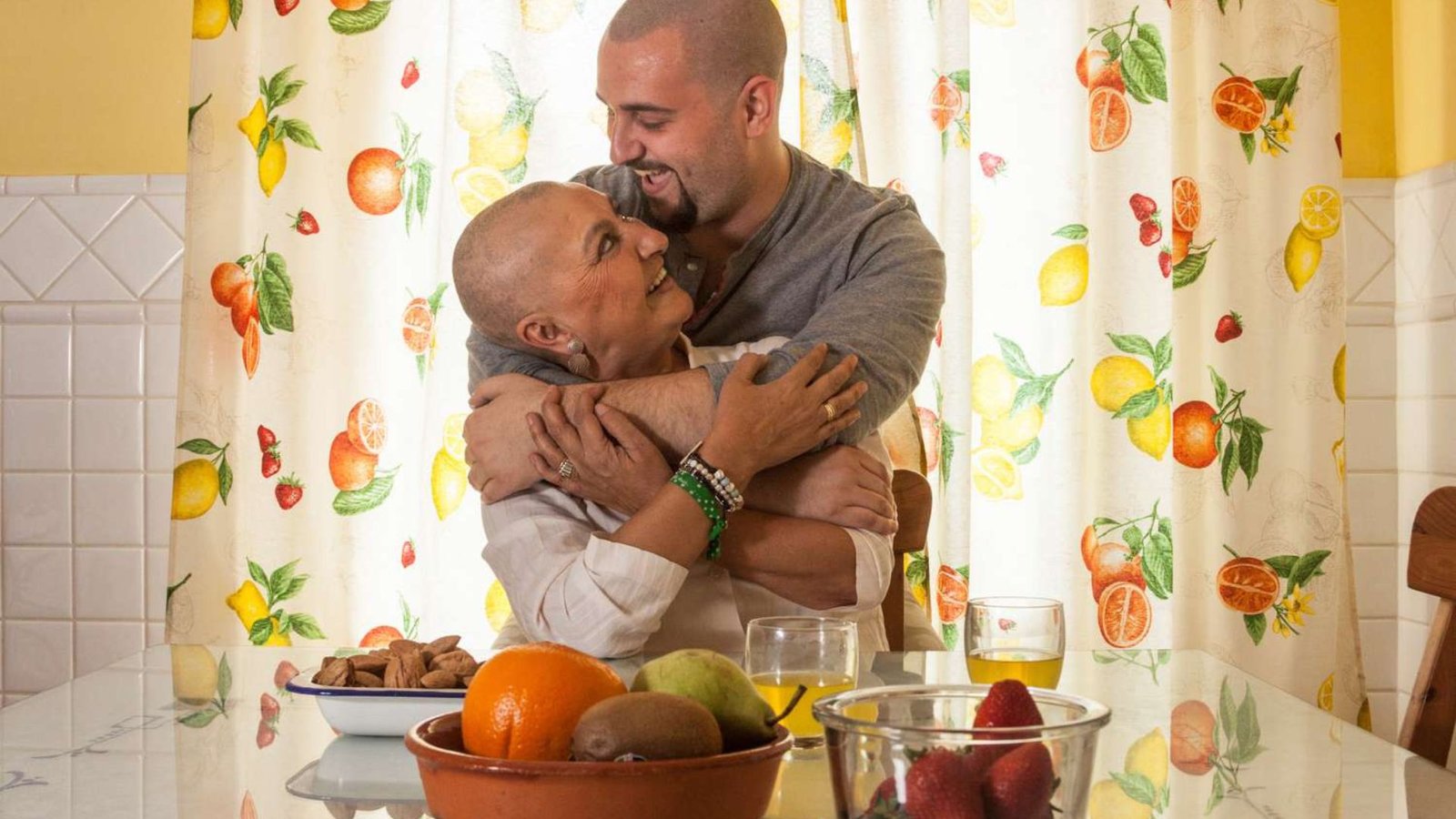Supporting a loved one through a cancer diagnosis can be emotionally challenging but crucial for their well-being. Providing support involves offering emotional comfort, practical assistance, and helping them navigate the complexities of their treatment. Here’s a guide on how to offer meaningful support during this difficult journey.

Understanding the Impact of a Cancer Diagnosis
A cancer diagnosis can be overwhelming for both the individual and their loved ones. It often brings a range of emotions, including fear, anxiety, sadness, and uncertainty. Recognizing the emotional and practical challenges your loved one faces is essential for offering appropriate support.
Emotional Support
Offer a Listening Ear
One of the most valuable ways to support your loved one is by being a compassionate listener. Allow them to express their feelings, fears, and concerns without judgment. Sometimes, just having someone to talk to can provide significant comfort.
Be Present and Available
Your presence can be a great source of support. Spend time with your loved one, whether through visits, phone calls, or video chats. Let them know they are not alone and that you are there for them, no matter what.
Validate Their Feelings
Acknowledge the range of emotions your loved one may be experiencing. Avoid trying to “fix” their feelings or offering clichés. Instead, validate their emotions and offer empathy and understanding.
Encourage Open Communication
Encourage your loved one to share their thoughts and feelings with you. Be open to discussing their diagnosis, treatment options, and any concerns they may have. Clear communication can help reduce feelings of isolation and confusion.
Practical Support
Assist with Daily Tasks
Cancer treatment can be physically and emotionally draining, making daily tasks more challenging. Offer to help with chores such as cooking, cleaning, grocery shopping, or running errands. Your assistance can provide much-needed relief and reduce their stress.
Provide Transportation
Your loved one may need transportation to and from medical appointments, treatments, or support groups. Offer to drive them or arrange for reliable transportation services. Ensuring they have a reliable way to get to appointments can ease logistical concerns.
Help with Financial and Insurance Matters
Cancer treatment can be costly, and managing medical bills and insurance claims can be overwhelming. Offer to assist with financial planning, organizing medical paperwork, or understanding insurance coverage. If needed, connect them with financial advisors or support organizations.
Create a Support Network
Help your loved one build a support network by coordinating with family and friends. Organize a meal train, set up a calendar for appointments and support visits, or arrange for help with specific tasks. A coordinated approach can ensure they receive consistent and comprehensive support.
Medical and Treatment Support
Accompany Them to Appointments
If your loved one is comfortable with it, accompany them to medical appointments. Having someone there can provide emotional support, help with note-taking, and assist in asking questions or understanding medical information.
Help with Treatment Management
Assist with managing their treatment schedule, including medication reminders, tracking side effects, and attending follow-up appointments. Being organized can help them stay on top of their treatment plan and reduce anxiety.
Research and Provide Information
Offer to help research treatment options, support resources, or clinical trials. However, be mindful of their preferences regarding information and avoid overwhelming them with too much detail.
Encourage Adherence to Treatment
Support your loved one in adhering to their treatment plan by offering encouragement and positive reinforcement. Remind them of the importance of following their healthcare provider’s recommendations and attending appointments.
Self-Care for Caregivers
Supporting a loved one with cancer can be emotionally and physically taxing. It’s essential to take care of yourself to provide effective support. Here are some self-care tips:
Set Boundaries
Establish clear boundaries to avoid burnout. It’s important to balance your time and energy between supporting your loved one and attending to your own needs.
Seek Support for Yourself
Consider joining support groups for caregivers or seeking counseling to manage your own emotions and stress. Talking to others in similar situations can provide comfort and practical advice.
Take Breaks
Allow yourself time to rest and recharge. Taking breaks is essential for maintaining your own well-being and sustaining your ability to support your loved one.
Prioritize Your Health
Maintain your physical and mental health by eating well, exercising, and getting enough sleep. Staying healthy enables you to offer better support and cope with the challenges of caregiving.
Conclusion
Supporting a loved one diagnosed with cancer requires a combination of emotional, practical, and medical assistance. By being present, offering practical help, and taking care of your own well-being, you can provide meaningful support during this challenging time. Your compassion and dedication can make a significant difference in their journey, helping them feel cared for and less isolated as they navigate their treatment and recovery.




